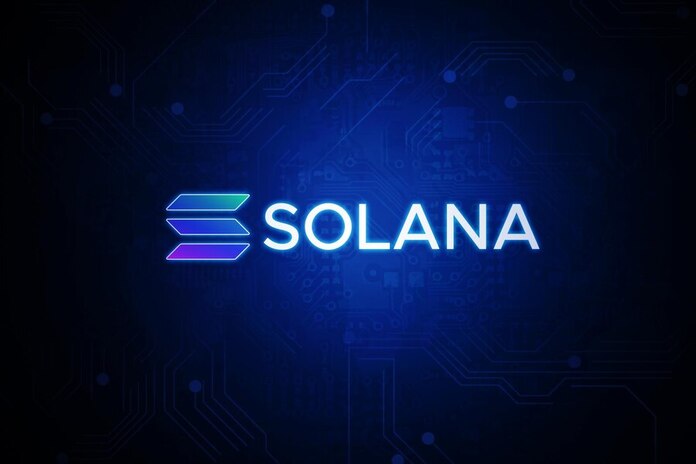Circle IPO Sends CRCL Stock Soaring 288%

The Circle IPO has officially rocked Wall Street. Since debuting on the New York Stock Exchange, shares of Circle Internet Financial (NYSE:CRCL) have climbed a jaw-dropping 288%. The stablecoin issuer priced its IPO at $31, but by Friday afternoon, CRCL shares had surged past $120, capping off a 45% single-day gain and catapulting the company’s market cap above $23 billion.
This sudden and aggressive rally is the biggest post-IPO performance of any major crypto company in 2025—and has traders, analysts, and social media abuzz with opinions on what this means for the broader digital asset sector.
Ark Invest Buys In as CRCL Trading Volume Surges
Adding to the excitement surrounding the Circle IPO, Cathie Wood’s Ark Invest scooped up 4.48 million CRCL shares across three of its ETFs. With over $41.8 million in trading volume recorded before 1:30 p.m. on Friday alone, the public market response suggests overwhelming demand.
As CRCL stock roared higher, it drew comparisons to Coinbase (NASDAQ:COIN) during its frenzied 2021 debut—though some analysts warn that such parabolic climbs often invite pullbacks as early investors take profits or lockup periods expire.
Social Media Reacts to CRCL’s Rise
Crypto Twitter (now known as X) has been saturated with commentary about the Circle IPO. One user claiming IPO pricing experience at Goldman Sachs (NYSE:GS) issued a word of caution: “Wait 90–180 days after IPO to invest,” they wrote. “Not just to allow for price discovery, but because that’s typically when the lockup period ends.”
Others, however, see the rapid appreciation of CRCL as more than just hype. The performance reflects rising institutional appetite for crypto-native companies with real-world revenue and compliance credentials—something Circle has spent years building as the issuer behind the widely used USDC stablecoin.
Will Circle Trigger a Crypto IPO Wave?
Some crypto insiders are now forecasting a wave of IPOs from other digital asset companies. “After the Circle IPO performance, there’s a large probability every equity business with more than $50 million in revenue and a defensible moat will go public,” tweeted user Solana Legend, a well-followed account in the blockchain space.
Potential candidates for follow-on IPOs include MoonPay, Gemini, Kraken, and Phantom—all of which are privately held firms with significant market share in crypto infrastructure, wallets, or trading platforms. If these firms follow Circle’s lead, 2025 could mark a record-setting year for crypto-related public listings.
A Turning Point for Digital Assets
The timing of the Circle IPO couldn’t be better. After a long crypto winter and the regulatory fallout from the FTX collapse, sentiment is shifting. With Bitcoin (BTC-USD) trading above $100,000 and Coinbase recently added to the S&P 500, crypto is increasingly seen as a maturing asset class.
Circle’s decision to go public—and the explosive performance of its stock—may cement this shift, bringing credibility and transparency to a space often criticized for lacking both.
What’s Next for CRCL Investors?
Despite the euphoria, some caution is warranted. The 288% surge in CRCL stock could invite volatility as valuation questions and regulatory scrutiny emerge. Still, the fundamentals behind Circle IPO are strong: the company is a regulated, revenue-generating entity playing a key role in global crypto payments through USDC.
If Circle can maintain its momentum while scaling securely, it may not only validate the bullish case for CRCL but also open the floodgates for other compliant, growth-ready crypto firms to enter Wall Street’s spotlight.
Featured Image: Freepik








